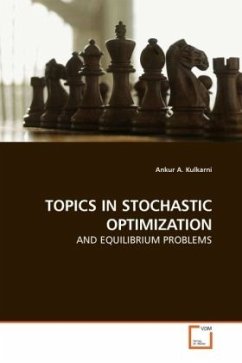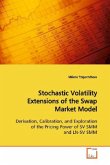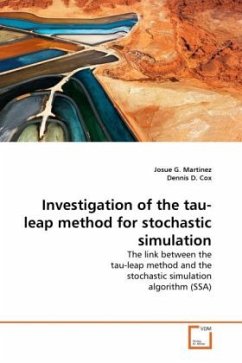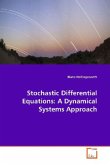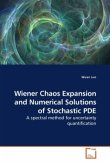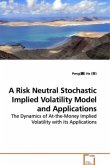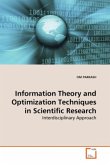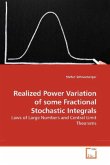Stochastic programs form a class of optimization problems that have seen much attention in the last decade. As has the class of equilibrium problems which have resulted largely from the analytic treatment of Nash games. This thesis delves into some challenging areas of stochastic optimization and stochastic equilibrium programming. Our interest is in understanding properties of these problems and in developing algorithms for solving such problems. We first consider a two-period stochastic nonlinear program. In this context, we obtain new insights into the notions of feasibility and recourse for such programs and develop an algorithm based on sequential quadratic programming. The algorithm uses two quadratic programming solvers based on Benders decomposition: an inexact cut version of the L-shaped method and a trust-region method. We next consider stochastic equilibrium problems arising from Nash-Cournot competition, inspired by a Cournot bidding model for electricity markets. We first show existence and uniqueness of Nash equilibria to a wide class of stochastic quadratic games and then develop a splitting method that can be decomposed scenario-wise to compute such equilibria.
Bitte wählen Sie Ihr Anliegen aus.
Rechnungen
Retourenschein anfordern
Bestellstatus
Storno

